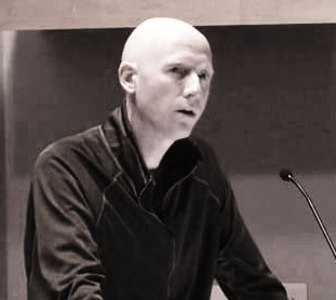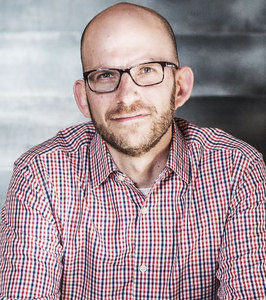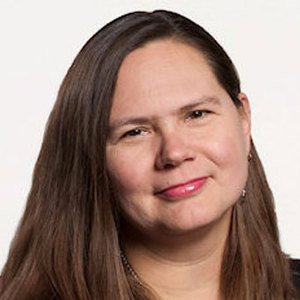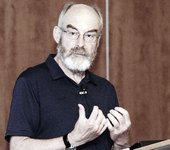Making Sense of Complexity
This philosophical talk might be hard to grasp in the first viewing without pausing and playing back – but it’s more than worth the effort.
Dave Snowden explains his sense-making methodology that help provide means to integrate and understand the proper boundary conditions between methods and tools.
Among the things Dave Explores are three key concepts of ways of thinking in regards to innovation:
- Exaptation. Taking something designed for one purpose and using it for something else, which have a completely different utility. Exaptation is a far more successful strategy for innovation than adaptation. Can we create exaptive moments? Design for exaptation needs good architecture and allow scaffolding and finely grained objects (no big chunky things) which you allow to interact. Stop thinking about software development as a manufacturing proces (a linear concept) but rather as a service-based provision (an evolutionary process) which works in parallel.
- Coherence. Coherence isn’t the same as absolute or perfect. It is not right – it is coherent. If I have coherence I experiment and prototype – if I don’t have coherence, I don’t.
- Complexity. You absorb complexity, you don’t delude yourself into thinking you can eliminate it. It’s about guiding or directing flow – about managing turbulence – not about structure and order. The level of constraint required to make a manufacturing proces work, is far to high to support something with a high level of uncertainty (as software development).
Dave talks about managing networks rather than people. He argues that what is important is what goes on between two persons rather than the within the person itself.
An ontology talks about the fundamental nature of things. Dave goes on to discuss the three basic ontologies and why they are important to understand: Order, Complex, and Chaos. Each have different causalities.
- If we have a system in order, then we can know things in a certain way and we can act in a certain way.
- If it’s a complex system, we know things in a different way, and we have to act in a different way.
There is no one right way of doings things. Most management methodologies (including agile) looks at the world as if there is a prescription that works for everything. As if they only operate with one ontology.
Complexity theory
Complexity theory suggest that we manage the boundary conditions, probes, and the emergence of beneficial coherence – it’s an evolutionary process which take far less resources than the ordered approach. In turn it produces more beneficial outcomes – but not outcomes you can know in advance. You define the values you want everybody to have – you define the end-state and close the gap.
We try to manage the evolutionary potential of the present – we discover more sustainable and resilient futures, which we couldn’t have anticipated.
Transparency is the enemy of innovation. If you make everything transparent, nobody takes risks. If everything senior managers do is visible then they won’t take risks.
Instead of “Plan, do, check, act”, go for “See, Attend, Act”. Do I see the data, do I attend to the data, and do I act on data?
Recorded at the Lean, Agile & Scrum Conference in 2013
Dave Snowden
See speaker profile
1 conference talk







